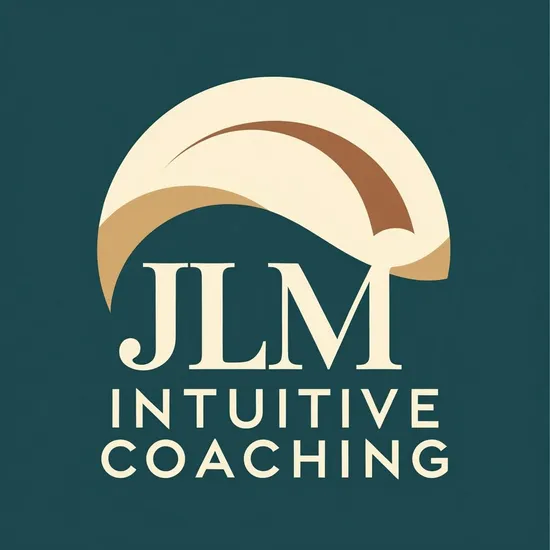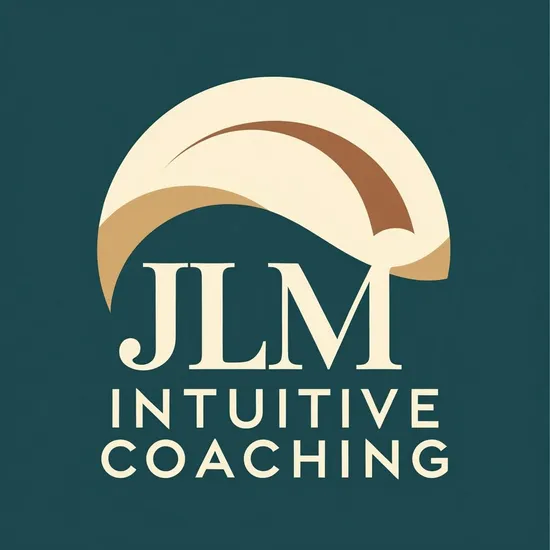It's Not a Phase; Navigating Grief and Relief After a Late Diagnosis
Aug 23, 2025
Hello...I am Jade, a Consultant Dietitian and Specialist Neurodivergence Coach. Welcome, this is my blog 'JLM Insights; Finding My Neurodivergent Voice'.
I know how precious your time is, so thank you for sitting with me for a minute. Know that you can join me anytime in my cosy corner of the internet where you don’t need permission to show up as anything other than your beautiful, authentic self.
A late diagnosis can feel like a blurry photograph finally coming into focus, alternating between a feeling of immense frustration as in ‘why is this not working and becoming clearer’ and the click and subsequent lightbulb moment and a profound sense of clarity. For a long time, this 'click' is a moment of relief that is talked about most often. But the truth is, a late diagnosis isn't a singular emotional experience; it’s a complex and often messy journey that is woven with two seemingly opposite feelings: relief and grief.
Understanding this duality is crucial. One feeling doesn't cancel out the other, sometimes relief is in the driving seat and at other times grief is the designated driver. I like to think of them as both existing together more like co-pilots, and that both are a necessary part of the journey. Due to this, embracing both is a necessary part of truly finding yourself.
The Relief: Coming Home to Yourself
The moment of diagnosis was a pivotal point for me, a sudden and powerful wave of relief. Finally, I realised I wasn’t "abnormal" or "weird"; there was a legitimate reason for the struggles I had faced (often silently) for so long. It was the validation I had unknowingly craved my entire life and had been looking for in all the wrong places.
With this new understanding, I began to embrace my neurodivergence as a core part of my identity but only in spaces where it felt safe to do so. Internally I realised this wasn’t something to be hidden or overcome, but a fundamental aspect of who I am. However, externally I was unsure who would embrace this newly discovered part of me and who would add further to the confusion. This conflict between the internal and the external empowered me to begin gradually and quietly advocating for myself, standing up for my needs in ways I never could before.
It was the beginning of a deeper exploration of the question, "Who am I?" that finally had a meaningful answer. This discovery also led me to a sense of belonging I had never experienced. Finding a community of other neurodivergent people with similar life experiences has been profoundly comforting and empowering.
The Grief: Mourning a Past You Never Had
But woven into this relief was a deep sense of grief. I felt overwhelmingly sad for my younger self, the one who was so misunderstood and who struggled without the right tools and resources. I thought about the lack of reasonable adjustments throughout my school/university years and my career, all the extra effort I had to put in to achieve or get good grades. The stress of constantly pushing myself to fit into a system not built for me was immense, a weight so heavy that I carried alone for many years without even realising.
I grieved all the times I looked for love in all the wrong people, abandoning my own needs and happiness to be "chosen" by others, never stopping to ask myself but do I actually choose them. I had mistakenly believed that finding my worth meant being picked by someone else, when all along, the most important person who needed to choose me was myself. The late diagnosis allowed me to recognise this pattern and begin the slow, difficult process of self-love and more importantly self-acceptance.
The Path Forward: Holding Both in Your Hands
The journey since my diagnosis has been about learning to hold both of these feelings in my hands. The relief is the compass pointing me toward my authentic self, while the grief is a necessary part of letting go of the past. I realised that it’s okay for me to feel sad for the younger version of myself while also celebrating the powerful, resilient person I have and will become. This is my journey of "unlearning", of healing from a lifetime of misunderstanding so I can fully embrace the future. A future that feels really light and accepting.
So, on that note, now that you've heard about my experience, what has been the most surprising part of your own 'diagnosis' journey?


